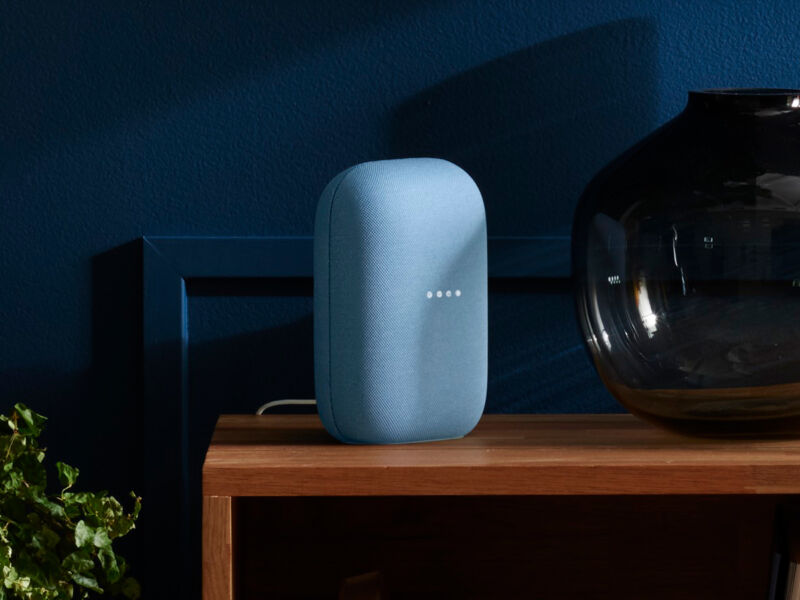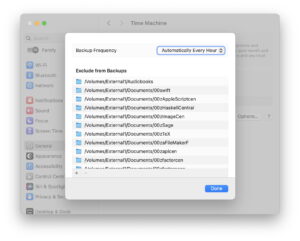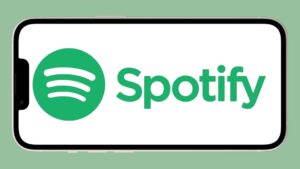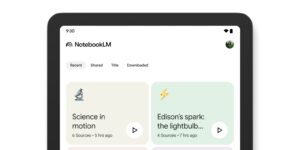After beating Sonos case, Google brings back group speaker controls

Enlarge / The Nest Audio. (credit: Google)
It’s unclear how much life is left in the 4-year-old Nest Audio or 8-year-old Google Home speakers, but Google is at least bringing back a feature it stripped away from users after losing a legal case. In 2022, Google lost a patent case brought by Sonos, and rather than pay a licensing fee, Google reached into customer homes and removed the ability to control speaker volume as a group. Some of Sonos’ patent wins were thrown out in October 2023, and now Android Authority’s Mishaal Rahman reports that the feature is back in Android 15 Beta 2.
Google’s “group speaker volume” feature is a fairly simple idea. Several Google Home/Nest Audio speakers can work together to seamlessly play music throughout your entire house, using onboard microphones to fix tricky multi-speaker issues like syncing the audio delay. When you’re casting from your phone to a bunch of speakers, it would make sense that you want them all at the same volume instead of one being screaming loud and one being very quiet. While casting, the phone’s volume button would control a unified volume bar for all active speakers. When Google killed the feature, the only option for controlling speaker volume from your phone became opening the app and adjusting a slider for each speaker.
Sonos and Google’s history with connected speakers has been a contentious one. Sonos’ side of the story is that Google got an inside look at its operations in 2013 as part of a sales pitch to bring Google Play Music support to Sonos speakers. Three years later, Google launched its first smart speaker. Sonos claims Google used that access to “blatantly and knowingly” copy Sonos’ features for the Google Home speaker line. Google says it developed its smart speaker features independently of Sonos, and for some of Sonos’ patents, it had the features shipped to consumers years before Sonos filed for a patent. Some of Sonos’ patents were overturned because they were filed in 2019, after everyone had already released all of this smart speaker stuff to market.




